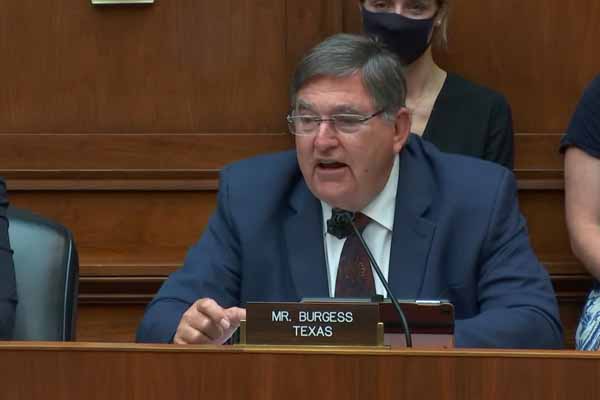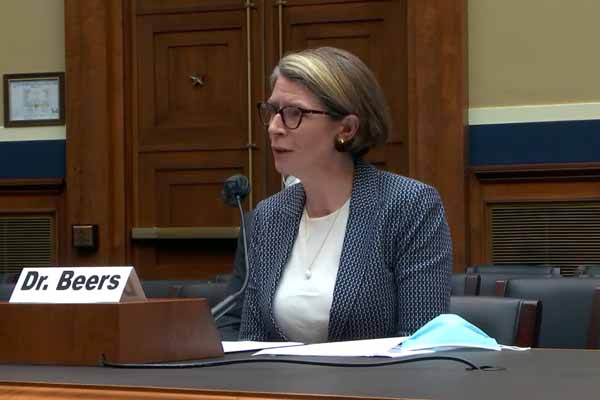
Children and adolescents face myriad physical and mental health risks as a result of the COVID-19 pandemic, according to physicians and other health experts who testified before a U.S. House Energy and Commerce subcommittee last week.
“At this point, the COVID-19 pandemic has disrupted three separate school years for students across the country,” American Academy of Pediatrics President Lee Beers, MD, told lawmakers. “It has had wide-ranging impacts on not only children’s educational attainment, but also their social, mental, emotional, behavioral, and physical health.”
Although children are less likely than adults to develop severe COVID-19, the delta variant has caused a spike in cases and hospitalizations among all age groups. Between June and mid-August of this year, the hospitalization rate increased tenfold among children up to 4 years old, according to the Centers for Disease Control and Prevention (CDC).

There are other physical health concerns: COVID-19 has disproportionately affected Black, Hispanic, and Native American youth. As many as 15% of children who contract the virus develop long COVID, which causes lingering health problems; and children may develop multisystem inflammatory syndrome (MIS-C), a rare but serious condition associated with COVID-19.
Pediatricians, family physicians, and other physicians specializing in pediatric care have felt the impact. “The increased capacity strain, ongoing high acuity of patients, and chronic staffing challenges are resulting in fatigue, distress, and frustration, particularly around issues related to unvaccinated status and overall burnout,” testified Margaret G. Rush, MD, who is president of the Monroe Carell Jr. Children’s Hospital at Vanderbilt University.
The pandemic also has exacerbated mental health issues among children and adolescents. Between mid-March and October 2020, the proportion of mental health emergency department visits increased 24% for children aged 5 to 11 and 31% for those aged 12 to 17 compared with the same period in 2019, according to CDC.
“Social isolation, financial uncertainty, and disrupted routines place considerable stress on children and their families, significantly affecting their mental health, as demonstrated by disproportionate increases in the rates of suicide attempts and other forms of self-harm amongst children and youth – particularly among those from communities of color,” testified Arthur C. Evans Jr., CEO of the American Psychological Association.
In addition to these dual crises, witnesses and lawmakers raised concerns about children missing or delaying necessary health checkups and vaccines due to the pandemic; educational losses caused by school closures and in-person learning; rising rates of child abuse and neglect; economic instability; and vaccine hesitancy for those 12 and older who are eligible for the vaccine.
U.S. Rep. Michael C. Burgess, MD (R-Lewisville), asked the witnesses about the rare risk of myocarditis associated with the COVID-19 vaccine. In response, Dr. Beers stressed that the risks of contracting COVID-19 far outweigh any risks associated with the vaccine, adding that her two teenaged children are fully vaccinated.
As Congress continues further action, Dr. Beers encouraged young people and their families to continue masking in accordance with CDC guidelines and to get vaccinated, if eligible, to reduce spread and protect younger children who cannot yet access the vaccine.
“Combining these layers of protection will make in-person learning safe and possible,” she said.
Emma Freer
Associate Editor
(512) 370-1383